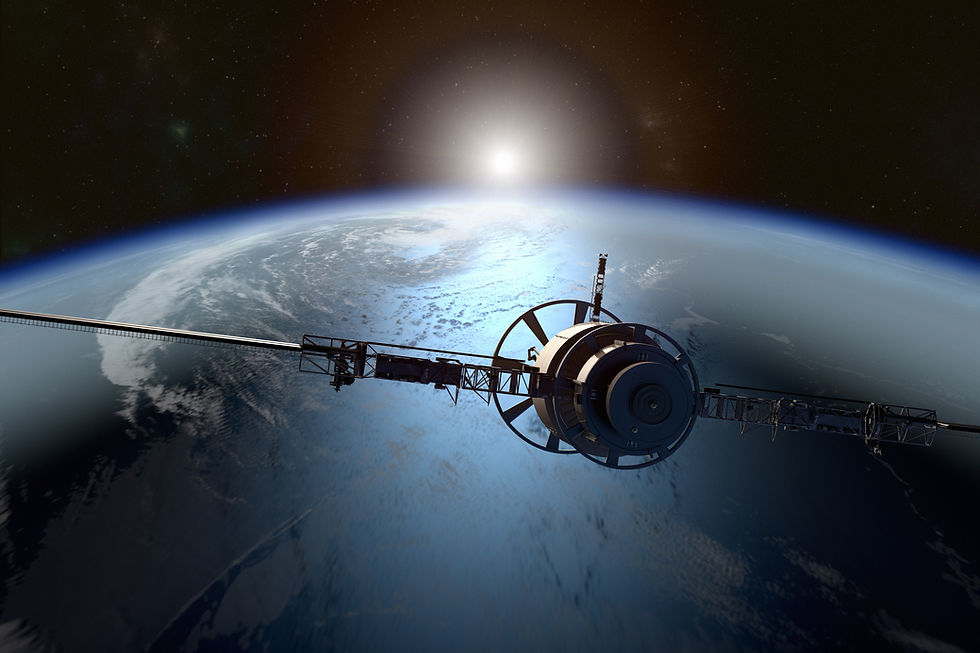top of page

RESEARCH AREA
Theory & Modeling of
Large-scale Ocean & Climate Dynamics

Mechanisms of Pacific Climate Variability & Change
By combining reanalyses data, climate model large-ensembles, and Linear Inverse Models (LIMs), this research aims at developing the theory and understanding of the mechanisms that energize the modes of Pacific climate variability and the dynamics of tropical-extratropical coupling in a changing climate.

The North Pacific Gyre Oscillation: linking climate & ecosystems
The NPGO is an index of climate variability that tracks changes in the strength of the North Pacific circulation. Fluctuations in the NPGO are linked to changes in marine populations along the California Current System and Gulf of Alaska, and the Kuroshio Western Boundary.
climate

RESEARCH AREA
Climate Impacts on Marine Ecosystem Dynamics

California Current Ecosystem Long Term Transitions
Coupled physical-biological models are used in combination with the long-term oceanographic data from the CalCOFI and LTER programs to understand the mechanisms by which marine population respond to the physical climate variability in the California Current System.

The North Pacific Gyre Oscillation: linking climate & ecosystems
The NPGO is an index of climate variability that tracks changes in the strength of the North Pacific circulation. Fluctuations in the NPGO are linked to changes in marine populations along the California Current System and Gulf of Alaska, and the Kuroshio Western Boundary.

Pacific Ocean Boundary Climate & Ecosystem Study (POBEX)
An international team of scientists around the Pacific-rim investigated the regional climate mechanisms that impact marine ecosystems. The project ended in 2013 and was part of the GLOBEC Program, see the synthesis papers in the special volume of Oceanography.
Ecosystems

RESEARCH AREA
Environmental & Social-Ecological Dynamics of Coastal Systems

A Shared Roadmap for Coastal Solutions to Climate
This effort aims at engaging and funding 20-30 pilot coastal communities around the US to work with experts networks of scientists, engineers, and practitioners (e.g. the human/people infrastructure) to co-design and deploy a national pilot program that will layout a shared roadmaps for coastal climate solutions.

Modeling & Sensor Networks for Coastal Flooding
Developing the technology and modeling to provide real-time information about water levels across Chatham County in the US East Coast to aid in emergency and long-term planning of community-scale resilience to compounded flooding events and sea-level rise.
Coastal

RESEARCH AREA
Ocean-based Solutions to Climate Change

New England Coastal Resilience Hub
The Community-Driven Coastal Climate Research and Solutions (3CRS) Hub builds together the processes, expert networks, data streams, local relationships and knowledge that are necessary to expand a shared capacity of NE working water-dependent communities to become more resilient to climate change, with a focus on the health and social-economic dimensions.

Ocean Visions: catalyzing solutions for ocean health
Ocean Visions connects oceanographic and academic research institutions, marine resource managers, conservation organizations, investors, entrepreneurs, and governments to collaborate on the development, testing, and deployment of scalable and equitable solutions in the ocean-climate nexus.

UN Ocean Decade Global Ecosystem for Ocean Solutions
In 2021, Di Lorenzo led the establishment of the GEOS Programme under the United Nations Ocean Decade to develop a global ecosystem for solutions that links the research, development and testing of equitable and scalable ocean-based solutions to climate.
Solutions
bottom of page

